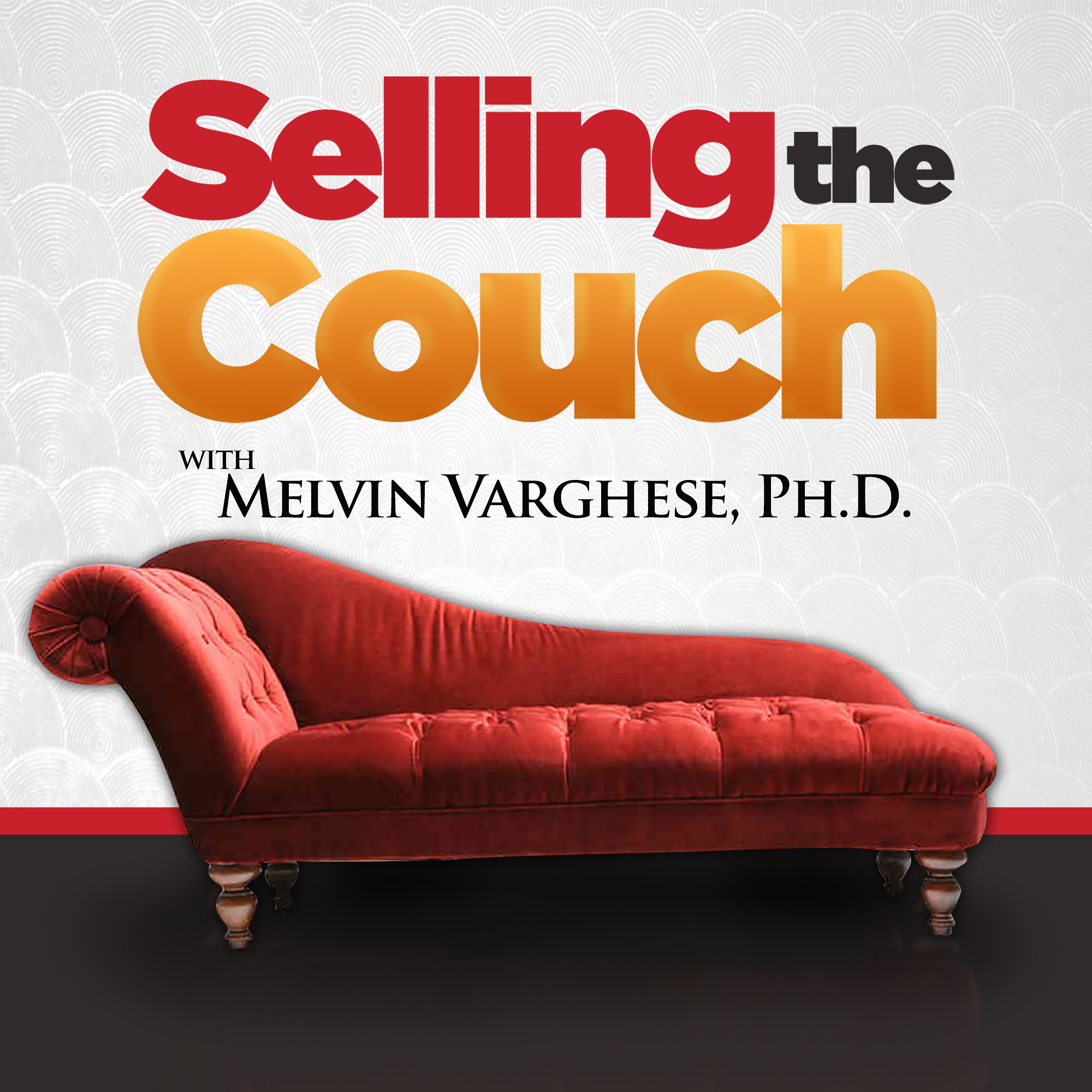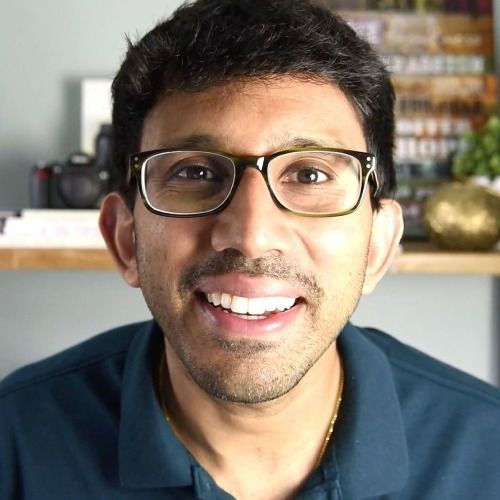full
342: My $2k Pro Podcasting Tech Stack
Overwhelmed. That’s the best word to describe how most podcasters feel as they take the leap and start on their podcasting journey. Perhaps the biggest source of overwhelm is confusion about the gear needed to get going, and I remember this well from my beginning in 2015. I didn’t have a pro-level setup when I began, and I wondered and worried about how I would be perceived in this new world. In all honesty, I had about $100 in gear, the biggest part of that being a $60 mic.
Things have changed since those early days, and STC has blossomed from nine downloads initially to over 1 million today. The tech-junkie part of me has enjoyed being able to upgrade my gear, and those upgrades have been a process of learning and experimenting. Even though your gear IS important for podcasting, I believe strongly that the most important keys are consistency and personality–and you don’t have to spend a fortune to have those elements. In today’s episode, I’m discussing my tech stack, what I use now, and what I recommend to other podcasters. Join me!
You’ll Learn:
- The three-prong fork in the road on the podcasting journey: the basic starter set of gear, incremental upgrades as the budget allows, and the decision to “go all in” with podcasting
- Why I invested about $2K into gear upgrades in 2021–and how I made this decision
- My current tech stack:
- The Shure SM7B mic
- Many podcasting pros use this mic because it is top-notch quality; it runs about $400 on Amazon.
- The RODECaster Pro all-in-one podcasting studio
- It gives more nuanced control of the mic and headphone sound levels. The Pro I runs around $400, and the Pro II is about $700. A less expensive starter piece that I recommend is the Samson Q2U, for about $60.
- The Cloudlifter CL-1 signal booster
- This elevates the signal from your mic to give quality sound, and it costs about $150.
- Mogami Gold XLR cables
- These are about $60 each and are top-quality cables.
- The Gator Frameworks tabletop mic stand
- I pair this with the Rode PSA1 mic arm. It’s worth it to spend more for quality because it stays in place and doesn’t shift or droop.
- Audio-Technica ATH-M50x studio headphones
- These connect to the RODECaster Pro and give consistent sound; they cost about $190.
Resources:
Want to launch your online course?
Please check out our free 7-Day Course Creator Starter Kit For Therapists: https://sellingthecouch.com/coursekit
Looking to launch a successful podcast?
Please check out our free "Using Podcasting To Grow Your Business" workshop for therapists:
https://sellingthecouch.com/podcastingworkshop
Mentioned in this episode:
Try Alma!
Building and managing the practice you truly want can feel overwhelming. That’s why Alma is here—to help you create not just any practice, but your private practice. With Alma, you’ll get the tools and resources you need to navigate insurance with ease, connect with referrals that are the right fit for your style, and streamline those time-consuming administrative tasks. That means less time buried in the details and more time focused on delivering exceptional care to your clients. You support your clients. Alma supports you. Learn more at sellingthecouch.com/alma and get 2 months FREE—an exclusive offer for STC listeners.


